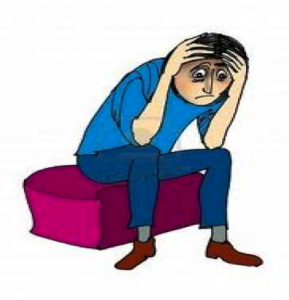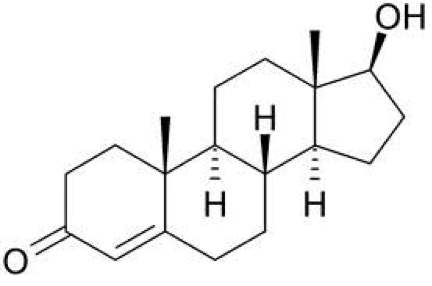Are you feeling depressed? Hair Loss? Fatigue? Difficulty sleeping?

Low Testosterone? What is Testosterone?

Testosterone is a steroid hormone secreted in the testicles of males and ovaries of females. It is naturally low in females but is the principal sex hormone in males.
Testosterone helps to:
- stimulate sperm production
- maintain sexual function
- maintain reproductive tissues
- Increase muscle mass
- Maintain bone strength
Just as though there are numbers associated with blood pressure levels, there are also numbers associated with testosterone levels (T-levels). There is a normal range for T-levels, this is where the brain and the testicles work together to achieve this balance. If the T-level is below the normal range then the brain signals the testicles to make more and when the T-levels reach a normal level, the brain signals the testicles to make less.
Symptoms of Low Testosterone
- Sexual dysfunction
- Reduced sex drive
- Decreased energy
- Loss of body hair
- Depressed mood
- Increase in abdominal fat
- Fatigue
- Difficulty sleeping
- Decrease in bone strength
- Reduced muscle mass
What causes Low Testosterone?
It is normal for when male ages his testosterone levels falls; however having your testosterone levels below a particular range is generally not considered normal.
The following are factors that can influence having low testosterone levels:
- Obesity: testosterone is normally converted to estrogen in fat cells to help maintain bone density. Estrogen is a hormone associated with women. The more fat cells you have, the more testosterone is being converted to estrogen, hence resulting in lower testosterone levels.
- Injury to the testicles: If your testicles have been injured, sometimes the injury may cause the male to be unable to produce the amount of testosterone the body needs.
- Chemotherapy: This therapy can damage cells in the testes. This may be temporary or permanent.
- Head trauma/tumors: These conditions can also affect the pituitary gland and hypothalamus, regions of the brain that signals the testicles.
- Inflammation: There are some conditions and disease that may affect the pituitary gland and/or hypothalamus because of inflammation, diseases such as: HIV/AIDS, Tuberculosis, and histiocytosis.
Treatment
Each treatment is different and is recommended depending on the patient’s case.
The available FDA approved treatment includes:
- Gels and solutions: These are topical treatment applied daily and absorbed into the body through the skin.
- Patches
- Injections
- Buccal tablets
- Pellets
Talk with your physician today if you are experiencing similar symptoms labeled above, or if you have any concerns about low testosterone levels.
Reference:
What Causes Low Testosterone?
Causes of Low Testosterone